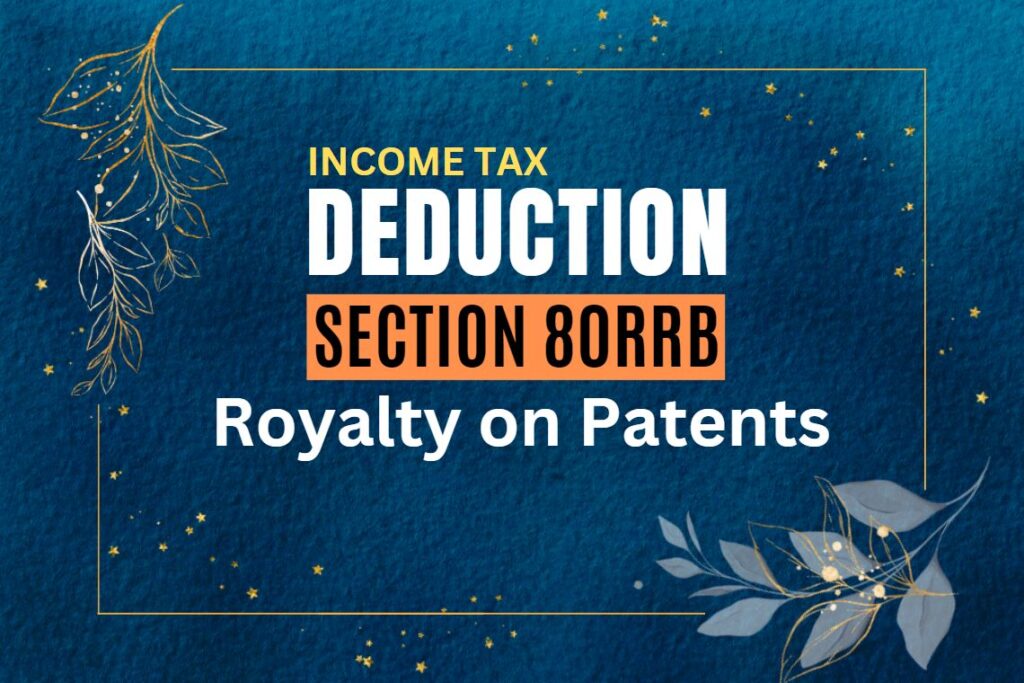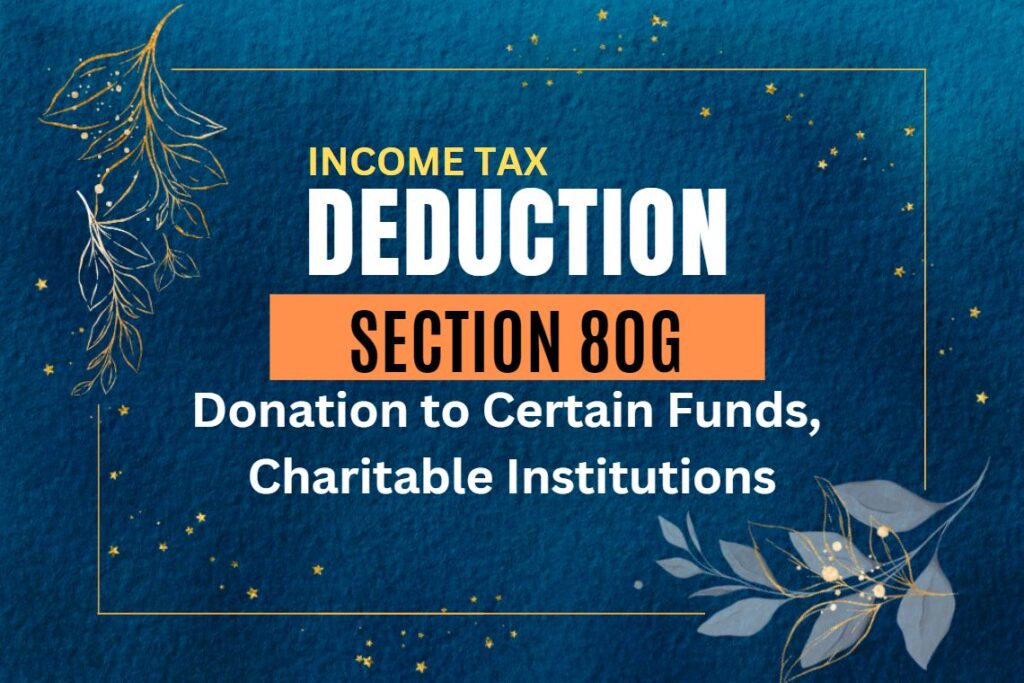Section 80TTB of the Income Tax Act, 1961 provides a special deduction to senior citizens in respect of the interest income earned from their deposits. This deduction is applicable only to individuals who are 60 years or above in age.
Eligibility Criteria
- Section 80TTB is applicable to individual taxpayers who are senior citizens. In the context of this section, a senior citizen is defined as an individual who is 60 years of age or older during the relevant financial year.
- This deduction is not available to other categories of taxpayers, such as non-senior individuals, HUFs, companies, or partnerships.
- The deduction is available on interest income from the following sources:
- Interest on deposits held with a banking institution
- Interest on deposits held with a co-operative society engaged in the business of banking
- Interest on deposits held with a post office
- To claim the deduction under Section 80TTB, the senior citizen must file a return of income with the Income Tax Department. The return must include the details of the interest income earned from the above sources.
- Senior citizens who have opted for the new tax regime introduced in Budget 2020 can also claim this deduction. The new tax regime offers lower tax rates but does not allow certain deductions and exemptions. However, Section 80TTB is one of the deductions that can still be claimed under the new tax regime.
- It is worth noting that this deduction is in addition to the existing deduction of Rs. 10,000 available under Section 80TTA for interest earned on savings accounts. Senior citizens can claim both these deductions if they meet the eligibility criteria.
Deduction Amount
The Maximum Deduction allowable under this section is limited to Rs. 50,000 per financial year.
This means that if a senior citizen’s interest income from these sources is less than or equal to Rs. 50,000, the entire interest income is eligible for the deduction. If the interest income exceeds Rs. 50,000, only Rs. 50,000 can be claimed as a deduction.
Example:
Here is an example of how to calculate the deduction under Section 80TTB:
A senior citizen earns an interest income of Rs. 60,000 from the following sources:
- 30,000 from a savings account in a bank
- 20,000 from a fixed deposit in a co-operative society
- 10,000 from a post office deposit.
The senior citizen is eligible for a deduction of Rs. 50,000 under Section 80TTB.
The senior citizen’s taxable income is Rs. 10,000 (Rs. 60,000 – Rs. 50,000).
The senior citizen will have to pay tax on Rs. 10,000.
Points to be Note:
- This deduction is applicable only to individuals who are 60 years or above in age.
- The deposits can be in the form of fixed deposits, savings accounts, recurring deposits, or any other deposit scheme.
- This deduction is applicable to both resident and non-resident senior citizens.
- Deduction can be claimed only on the interest income and not on the principal amount.
- It is important to mention the interest income from deposits while filing the income tax return.
- It is worth noting that this deduction is in addition to the existing deduction of Rs. 10,000 available under Section 80TTA for interest earned on savings accounts. Senior citizens can claim both these deductions if they meet the eligibility criteria.
- Senior citizens who have opted for the new tax regime introduced in Budget 2020 can also claim this deduction.











